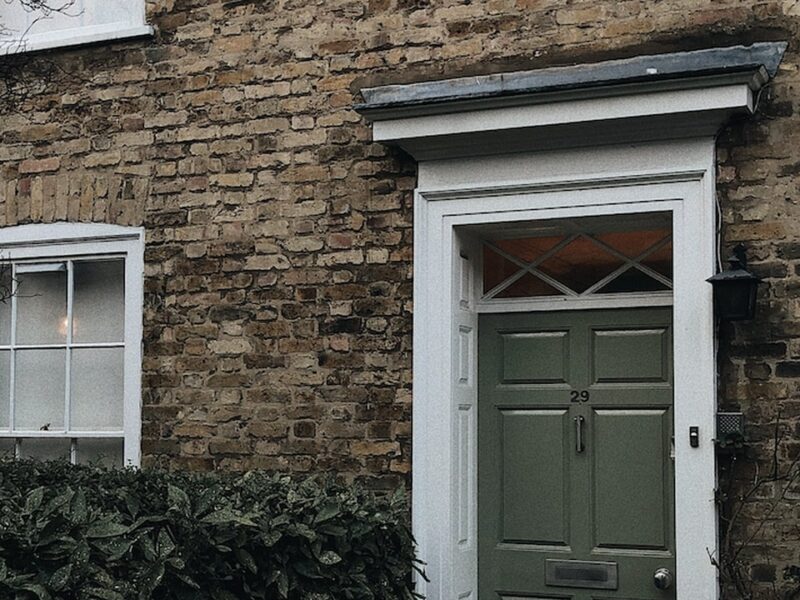 1. The location is crucial to the house prices in Denmark
1. The location is crucial to the house prices in Denmark
Location, location, location. One of the most, if not the most important price determinator when looking at the house prices in Denmark. Real estate prices are usually higher in urban than rural areas. Roughly speaking, the further you are away from Copenhagen, the lower the real estate prices – except in larger cities like Aarhus, Odense and Aalborg.
Houses in cities surrounding Copenhagen i.e. Roskilde, Køge, Hillerød etc., are relatively high-priced, but that is to expect when you are this close to the capital. The prices, however, are still lower than actual Copenhagen housing prices. For a description of the different districts of Copenhagen and more information about Copenhagen real estate prices, read our previous article about what to consider when wanting to buy a house in Copenhagen.
Want to buy a house in Copenhagen?
2. The condition of the house affects the price
When looking at housing in Denmark, the state of the property has, of course, something to say in the pricing. A rundown, old house cannot be sold for the same price as a recently built house in the same area. You can look at it as a trade-off: Pay less for the property here and now and spend many resources modernising it or pay more for the property here and now and spend minimal resources on modernisation.
For the everyday person, the middle ground is usually the way to go as to not get more than what you bargained for, while at the same time balancing your current finances with future returns and risks.
At Bomae, our buyer’s agents are always ready to guide you so you make the best decisions based on your current situation. We can also help you find houses for sale in Denmark and select the ones that fit our needs the best.
3. The property’s layout
In continuation of the previous point, the layout of a property also determines its value. Imagine a house with two floors and only one bathroom in the basement. Now, imagine a house with two floors and bathrooms on each level. Which house sounds more attractive to you?
A practical and well-planned layout will always be more desirable and, thus, contribute to the property’s overall value - and the price you must pay for it.
4. The floor level
Lower level units are typically less expensive than higher level units. The reason for this is that penthouse units are more prestigious and come with a better view, making them more coveted among buyers. Though a ground floor condominium can be just as accommodating as its penthouse counterpart, the reality is that the latter is just more attractive which, in turn, affects the real estate price.
Want to know the difference between a condominium and apartment? Learn more in our article on buying an apartment in Copenhagen.
5. The sun’s path
Yes, even Mother Nature’s forces affect the property price. You would want your new home to have a good amount of natural lighting, but not so much that you are blinded by it while doing everyday things. And on the contrary, a home with minimal natural lighting can quickly become dark and depressing - there is only so much artificial lighting can do.
Always take the sun’s path into consideration when looking to buy property. When going to an open house, make it a priority to investigate how the natural light falls. The lack or overexposure of light can then be used as a bargaining chip in the buying process.
Read more about how to buy property in Denmark as a foreigner.

 1. The location is crucial to the house prices in Denmark
1. The location is crucial to the house prices in Denmark